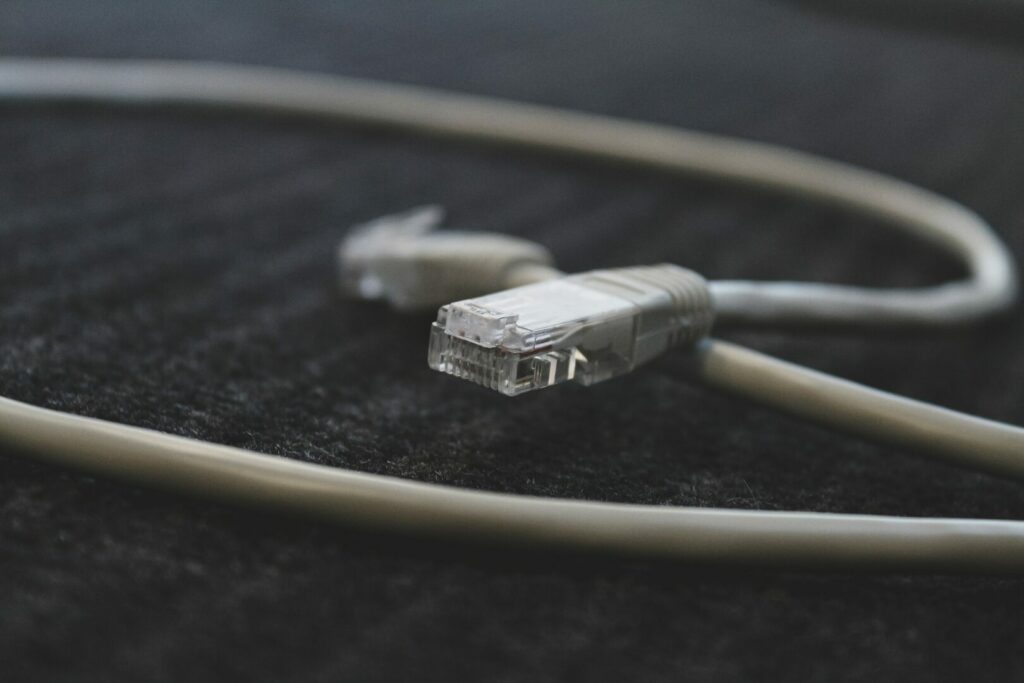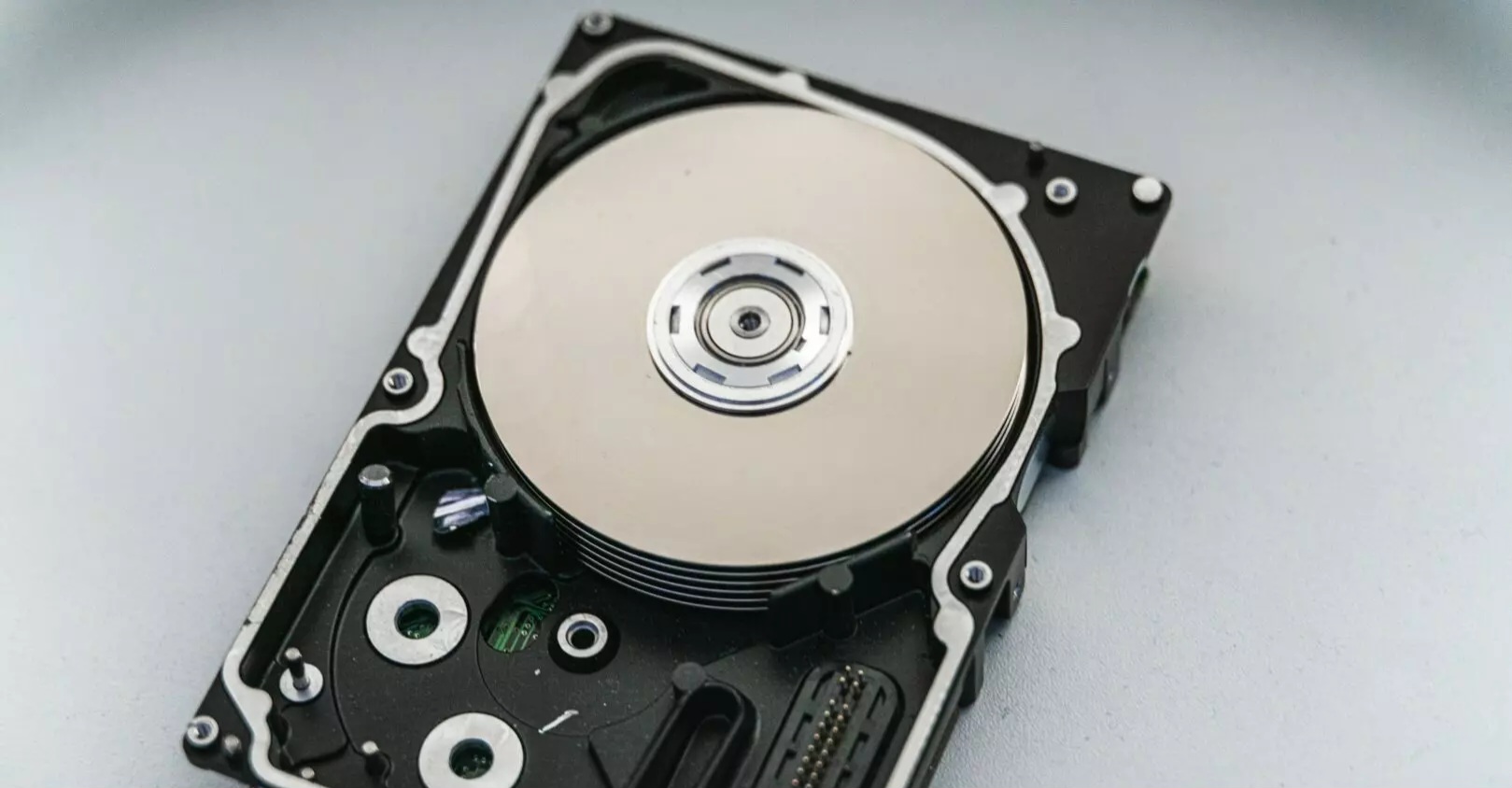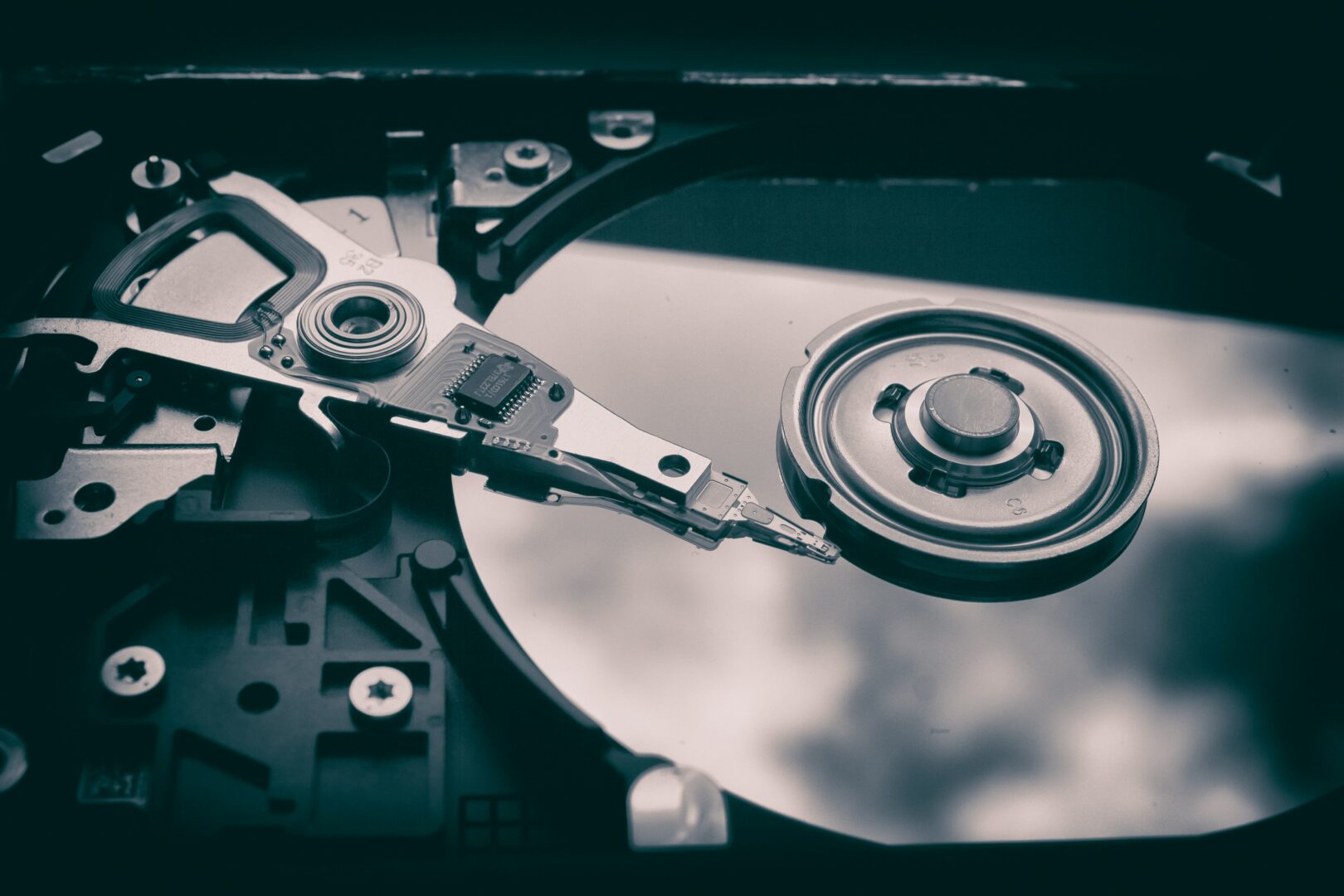Physical Media Vs Digital Media
Physical Media Vs Digital Media

Physical media Vs digital media, a clash of two multimedia titans. The first, having been around since what seems like forever, and the latter, somewhat of a newcomer in the entertainment world.
While things like records and CD’s dominated most of the industry for years, the advent of the digital age was nothing short of revolutionary.
This coupled with new services like streaming made content delivery effectively instant. In today’s day and age this is especially true.
Even in the music business, one of the largest industries in the world, digital media is absolutely crushing the physical format.
However, this in turn raises a few questions; the first revolving around staying power.
Will there be a day will come where the physical format is no more?
With how fast it’s seemingly become popular, it’s beginning to seem like an increasingly likely scenario. Now the second question sort of stems from the previous one.
Would there actually be any caveats if such a thing ever did happen?
This would obviously leave a lot of power to content providers, which could be a good or bad thing depending on their intent.
No doubt, there’d certainly be a great deal of variability at play there; further complicating things. So my answer to both of those questions lie with the very benefits that each provide.
I feel it’d be smart to first go over these to really get a good idea of whether this will ever come to pass.
The Benefits Of Streaming & Digital Media
#1 Ease Of Access

A huge benefit when it comes to streaming and digital media has to do with the very premise of the format itself. Being that users are able to simply log on and play a piece of content via desktop, tablet, or even smartphone; this introduces a certain level of accessibility that the physical variant simply can’t match.
I mean think about it, having the ability to play any of your favorite movies and shows without even having to leave the comfort of your own home definitely constitutes as a huge perk in my book.
If anything, even the need to get up just to change what you’re watching is mitigated, allowing you to change the channel via remote or even your smartphone.
It might sound like a simple advantage, but there’s no denying the level of convenience the digital format affords and over time, it certainly becomes appreciated.
Imagine you’re planning a vacation and you want to watch a few shows or movies while relaxing.,
Well with digital, rather than having to lug around a bunch of cumbersome tapes that you could potentially lose, if you have say an iTunes or Disney Plus account, remote access to all of your favorite movies and shows are only a click away.
I really don’t think that level of access and ease of convenience with the digital format can be understated.
All of that, and you don’t have to go to the movie store either.. (remember those?)
#2 It’s A Space Saver!
In my opinion, I would consider it inconvenient with having a bunch of movies and random CD’s scattered all around the house especially if you’re looking for a particular one at the time. I can’t even recall the amount of times I was looking for a specific Blu-ray to put on for a movie night but couldn’t find it.
With digital media, you don’t have that issue; just press play and that’s it.
It’s a lot less clutter and more convenient.
Plus you end up having a much cleaner looking entertainment center overall since you don’t actually need to have those physical movies placed somewhere.
It might be a non factor when you only have a few physical tapes, but when your movie catalog starts to grow by a considerable amount, you really begin to appreciate the benefits that digital offers.
#3 You Can’t Lose It
I kind of touched on this one earlier and it’s kind of obvious but a huge advantage of digital media is that you really can’t misplace it. All of your stuff is in a central location, allowing a certain level of accessibility and even portability that the physical medium does not.
This is especially true of course when it comes to actually looking for your movie since you really can’t physically lose it.
It’s definitely not fun when everyone’s ready to watch a movie, and you happen to suddenly realize you have no idea where it is. So losing it since it’s digital isn’t really applicable.
Then again, you could of course always lose your phone or PC or something, but that’s another story for a different time.
The Disadvantages Of Streaming & Digital Media
Now everything in the world of digital media isn’t all sunshine and rainbows since there are definitely some real disadvantages present as well.
#1 Bandwidth Limitations

Well the first obvious drawback with streaming has to do with internet.
Not only is an internet connection often required, you also need one that’s fast enough. If you have a connection that doesn’t have sufficient bandwidth speed, the video might buffer for what seems like every 5 seconds, and in some cases, won’t even play at all.
Now of course you might be able to download the movie if the content provider allows it and to avoid this issue, but even then after a while that’ll add up in terms of considering storage space for those movies.
What proposes an even bigger issue though is that in many countries, there are still no internet connections at all; which effectively renders streaming anything there an impossibility.
Even when there is internet, a lot of these places aren’t at the adequate speed where this could be normalized quite yet, further complicating any attempts at mass adoption. https://www.scientificamerican.com/article/the-bandwidth-bottleneck-that-is-throttling-the-internet/
However if you happen to be using using wifi, there are devices called wifi repeaters which work by extending your signal in a sense, so that you get a more uniform connection.
Here’s a good resource that goes into detail on those as well as one that shows you how to improve the wifi you have now.
https://www.techradar.com/news/the-best-wi-fi-extenders
https://calgary.com/home-wifi-improvement-guide.php
If you just so happen to speak spanish by the way, here’s another article that goes into it with even more information. https://buenasopiniones.com/el-mejor-amplificador-de-senal-wifi/
All of this leads into the next caveat…
#2 Data Throttling
With the whole net neutrality topic becoming such a prevalent means for debate, this does lead to the possibility of companies deciding to throttle data at their discretion.
With companies having full control over internet speed, it’s very possible one could begin to notice slowdown that was not present before.
And with no certainty as to whether or not this may or may not happen, it’s definitely something that you’ll likely want to remain aware of.
Now whether this is definitively true or not is up for speculation, but it does further reinforce that sentiment that users aren’t as in control with their content when it comes to receiving it through this medium as they’d like to be.
Especially when the quality of the content itself could be changed before it’s available.
While things like that may not necessarily be as big a deal for some, for others who are cinema purists that want to view their content exactly as the director intended, it can be a little concerning; especially considering our inevitable move toward more streaming.
#3 Going Over Data Caps
Similar to throttling, another issue you may run into when streaming often (especially if you don’t have unlimited internet data) is going over the data caps of your internet provider.
Now different providers have different policies surrounding this so you’d have to check your respective provider, but if you have a certain amount of data allotted for a specific month and you go over this amount from watching a surplus of content, it could ultimately end up effecting your bill.
With physical media, you don’t ever have to worry about this and can pop in your favorite movie whenever.
With the possibility of data caps affecting things with more and more things becoming digital, this could be a ding against the digital space and is something you may want to keep mind.
#4 Storage

Sure being able to watch whatever you want is nice, but if you do decide to download them, it is likely you’ll still need somewhere to store all those movies.
You’ll typically get an allotted amount of storage that’s fine for the short term, but might not be enough down the road (especially higher bitrate content that might be encoded with higher resolutions like 4K and HDR)
When this happens, you might have the option of acquiring more storage on the platform, perhaps through some cloud solution, but there may be an added fee associated with this.
You could also use an external device like a USB hard drive or external SSD to store your movies too, but this is an extra step that’s not needed when compared with the physical medium.
#5 You Don’t Actually Own It
While there’s definitely a satisfying feeling of being able to physically hold a movie, it helps to further reaffirm the fact that you’re the owner of it.
With digital media, this simply isn’t the case. The company that you’re streaming from is the owner of the that piece of content.
If you cancel your membership, then you’ll no longer be able to view whatever it was that you were watching. Then, if they randomly decide to pull that show or movie for whatever reason, there’s no way to still view it there (it’s happened to me before on more than one occasion)
What’s more, digital movie releases often lack a lot of the extras that use to often come with a tangible release like extras, posters, memorabilia and behind the scenes looks at the show or movie.
These allow fans to learn even more about their favorite actors and shows, and connect with them even more.
Whether this changes remains to be seen, but this current trend of often omitting those may be somewhat of a disappointment to more hardcore fans.
Now when it comes to another entertainment medium, video games, even the physical tapes now a days utilize DRM, so even the physical version of the game you don’t technically own since the CD merely acts as the license to allow you to play.
But still, even just having it in your hands makes it all the more tangible and still makes you feel like you own it even if you technically don’t.
The Benefits Of Physical Media
Now with physical media meaning things like CD’s, Blu-rays, etc, there’s certainly a few noteworthy benefits over digital that’s worth pointing out as well.
#1 You’re The Real Owner Of It

Remember how with streaming I stated that you don’t really own that piece of content?
Well with the physical you do. You can watch it as many times as you want without worrying about any sort of subscription service or it magically disappearing.
You’re even able to give it to someone else down the road if you chose to do so.
There’s a certain sense of ownership you get with actually having a physical version that you just don’t get with the other format.
Plus let’s say you were creating a custom movie room in your home, having your entire catalog of tapes on display can really help with that feeling of authenticity and help give it that home cinema feel.
Furthermore, if you planned on giving someone a present for a holiday or birthday, rather than simply giving them a subscription, gifting them a Blu-ray would allow you to well for one wrap it, but two, actually allow them to be able to say they physically own it which is nice.
Of course video games are the exception to all of this like mentioned previously since it’s just a means for licensing, but you still at least get to have it in hand.
That’s not even mentioning the fact that many people have very fond memories of certain movies and being able to pass them down though generations and share those same memories with their loved ones can’t be understated.
It might be a momento from an important, time, moment, or even person in their life that they want to keep as a reminder.
There’s nostalgia involved sure, but for some, owning and watching a favorite physical movie that they’ve enjoyed for years isn’t just about watching it, but rather sharing an experience, and creating a long lasting memory.
#2 No Data Limitations
One of the major advantages of physical media is you don’t have to worry about any external factors like data restrictions preventing you from actually being able to play the movie as opposed to the digital format.
This is especially important for the people with slower internet connections since the content might run slowly or not at all if the internet connection isn’t able to keep up.
By purchasing physical multimedia, there aren’t any arbitrary data limitations imposed; meaning you’re able to play it anytime you want.
You won’t have to worry about hitting any data caps or throttled connections since it would be done the good ol fashioned way.
#3 Better Quality/Sound
Until data transfer is made so advanced that things like compression and artifacting (distortion) are minimized to the point where it’s similar, physical media will always be the better choice in terms of better picture quality and sound in my opinion.
Now how discernable that actually is depends on the person, but with physical there tends to be a better bitrate and less digital noise overall.
Now mind you, while digital technology is certainly improving and getting respectably close, it’s still not there. For now I think the better audio & video experience from a technological standpoint is on a disc, and serves as another reason as to why physical media is better in this regard.
Here’s an article that goes over this along with some of the newer formats.
https://www.whathifi.com/features/4k-streaming-vs-4k-blu-ray-vs-blu-ray-which-best
The Disadvantages of Physical Media
There are of course drawbacks to going this route, so it’s only fair that we cover these as well.
#1 Breaking/Losing It
If you’re a clumsy person (I can be sometimes) then you do always run the risk of breaking it. Once it’s broken, that’s really it until you buy another one.
The same could be said for losing it. If you have a lot of movies, then it makes finding a particular one especially difficult if not organized in a way you can remember.
#2 Clutter
The more DVDs, CDs, and Blu-rays that you purchase, the more of them you’ll be tasked with finding space for.
Now at first this won’t be an issue of course, but as the years go by and your collection increases, you could potentially find it difficult to keep up. This is another reason people tend to go digital as it avoids this all together.
#3 Portability
Another disadvantage to physical media is the issue of portability. Watching a movie on the go becomes nearly impossible unless you have a dedicated device with a disc drive and screen.
That’s not considering the fact that having to carry all of those tapes around can unwieldy and inconvenient.
Will Physical Media Ever Become Obsolete?

Here is an interesting thought that really makes you wonder. Even though technology is advancing at breakneck speeds, will there ever come a day where things like CD’s are no more?
Now this is purely speculative since I can’t see into the future, but in my humble opinion I think it will.
However, the catch is I also think this won’t happen for a very long time.
With a good portion of the world still not even having access to basic internet, it would make no sense for companies to no longer support CD’s since they would likely lose sizeable portions of market share.
This due to those same people not being able to really use it.
Couple this with the fact that as things like 4K and HDR become standard, data rates are likely to go up since it’ll take faster speeds to transfer these gigantic files over the network.
There’s enough trouble as is trying stream these newer formats with modern connections, so if we were left with this as the only option so soon, it just wouldn’t work logically.
Plus, with the better experience still technically on a disc, I don’t foresee it going away any time soon. Until industries figure out how to allow for better quality even on slower speeds, this switch is still at least quite a while away.
Heck, could you imagine trying to stream 8K?
Now that’s not to say that this couldn’t also happen sooner than we think either since it seems like more people are already embracing streaming as their primary way they watch content — and if the current trend continues, it could lead to it becoming the only way to down the road.
What that means in terms of our entertainment culture as a whole remains to be seen, but it certainly seems like we are currently heading that way in my opinion.
Even with the recent announcement of WarnerMedia stating that for 2021 all of its movies would release simultaneously in theaters & HBO Max, and HBO Max’s recent deal with Roku, this all further makes it seem that way I feel.
Final Thoughts
So in terms of physical media vs digital media, the physical definitely wins, at least for now. It’s the most stable, and still offers the best picture quality all around.
However way down the road, this may change and perhaps we’ll be singing a different tune.
In any case, it’ll be interesting to see how this all plays out and what dramatic changes the future holds for the entertainment space.
But that’s it for now, until next time, like always, make it easy, keep it simple.
About Me

Jay
Hey everyone it’s nice to meet you. I'm Jay, writer & founder of the site Easy Home Theater. I've been with this hobby of home entertainment for many years now. I decided to create this site to be a helpful resource, and share everything that I've learned from personal experience with you. I also happen to be a huge gamer, lover of all things tech related, and a major fitness buff (love weightlifting)
Contact: Contact Jay
Facebook: https://www.facebook.com/Easyhometheater/
X: https://x.com/easyhometheater
Pinterest: https://www.pinterest.com/easyhometheater/pins/
Instagram: https://www.instagram.com/easyhometheater/
Followit: https://follow.it/easy-home-theater
Bluesky: https://bsky.app/profile/easyhometheater.bsky.social
6 Comments so far:
-
-
Yeah I definitely agree. I don’t know what it is, but the feeling of actually owning a CD is just so unique compared to simply streaming it.
-
-
What an insightful post. Thanks for all the info, will certainly come in handy!
-
No problem, glad you liked it.:)
-
-
I’m a bit old school and love having physical media. Even if its on a harddrive, I can watch it whenever I like without internet.
In saying this, I haven’t bought much on physical media in the past couple of years and I think we’ll be forced to move this way whether we like it or not. Just Wait till they make 8K content. We’ll need some serious bandwidth to stream that.
-
Yeah I definitely feel like that’s the way the industry is heading regardless. But 8k, man that’s going to be crazy! Could you imagine 8k cable? haha
-







It’s sad but the truth is, my CD collection is collecting dust. I really like the feeling of having “ownership” of my media which I think is the reason people are still buying them. However, as you noted, the initial convenience of digital media is attractive: I don’t have to worry about losing my CD or it scratching which results to my songs skipping. I just recently bought a new car and haven’t used my CD player once, I Bluetooth my songs on the radio from my phone. I think this will also affect your predictions on the longevity of physical media. What do you think? Really nice post and I look forward to seeing where the future of media will end up!